Love it or hate it, now we know winter is upon us.
- Tags:
- Wildlife
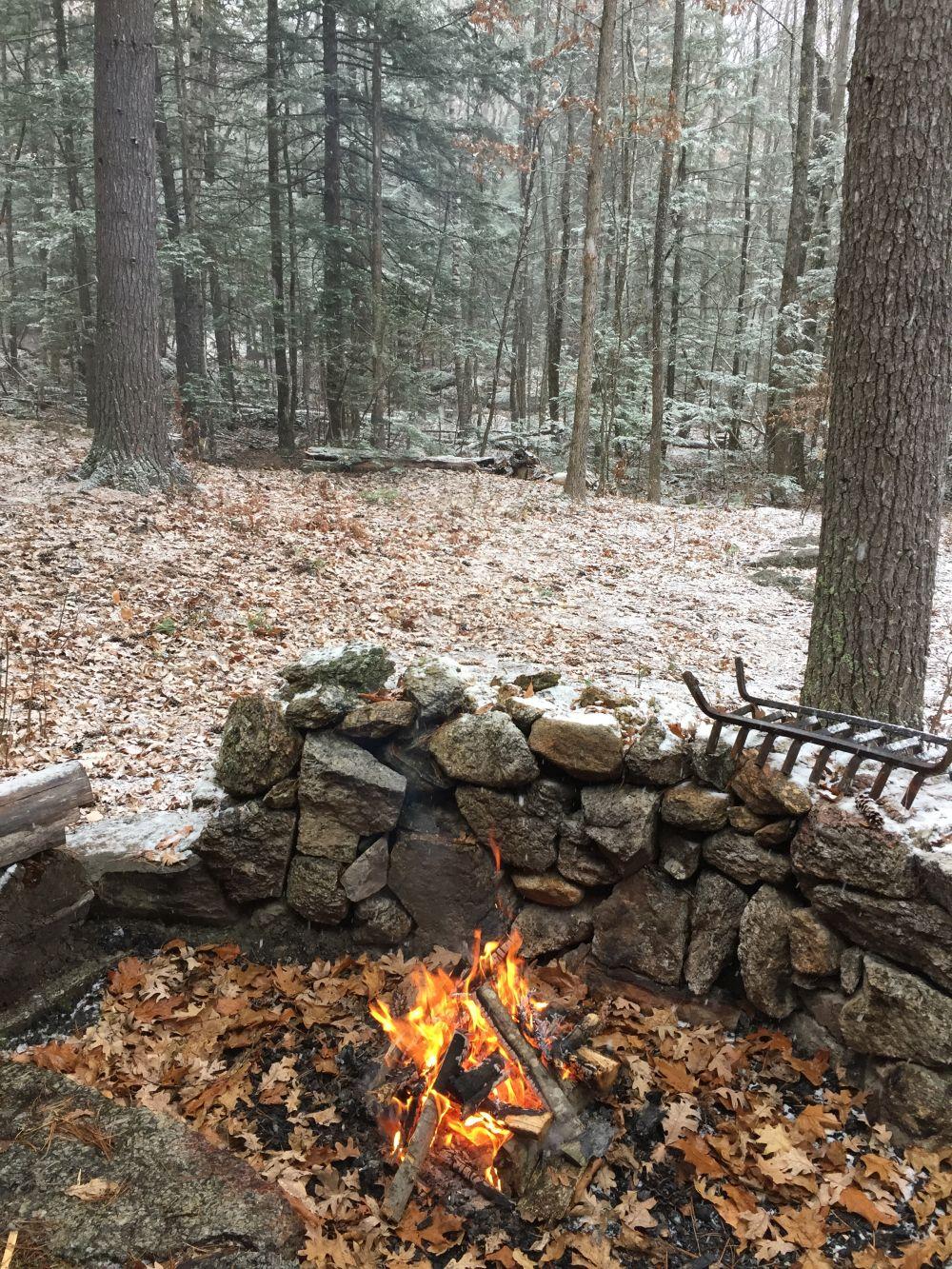
The earliest snowfall is a good time for a walk in the woods. Photo Dave Anderson
It happens every year, so don't act so surprised when the view out your window is magically transformed - often overnight - into a glistening winter wonderland. For snow enthusiasts, an inner child beckons: Come out to play!
It felt just that way last week when the first real dusting of snow (a half inch) coated much of the state from the Monadnock Region north and east through the Lakes Region and lingering overnight in the White Mountains.
For non-snow enthusiasts, that first snowfall is a shot across the bow. While the early snow was quick to melt, now there's no denying a need to dig out boots, coats, hats and gloves, wrap up the outdoor chores, get snow tires mounted and keep ice scrapers and shovels handy. It's coming. Winter isn't negotiable; the snow don't lie.
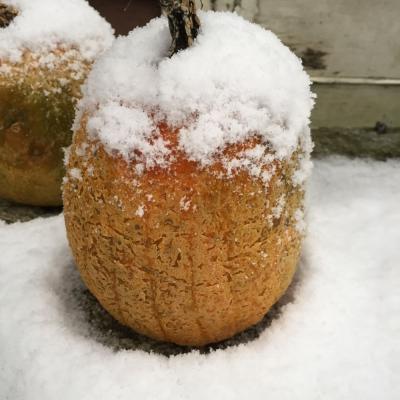
But in the northern parts of our state, it can't arrive too soon. Snow is essential for New Hampshire's winter tourism economy. The New Hampshire Division of Travel and Tourism Development released economic projections for the upcoming winter travel season forecasting 8.5 million visitors will spend an estimated $1.25 billion in the state.
Winter snow sports and the economic activity they generate support businesses providing lodging, dining and shopping to guests at winter resorts and spas. It's been said that it's better to receive six inches of fresh snow in populated regions of southern New England than to receive six feet in the North Country.
The arrival of snow reminded me that out in the woods, its business as usual. As the first fat flakes fell, the woods grew quiet and serene. I heard a gray squirrel scold a band of chickadees and nuthatches dislodging snow from bending hemlock boughs.
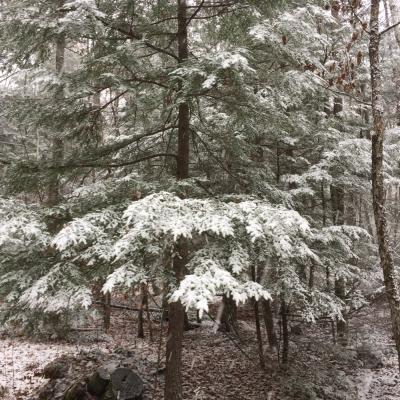
By Tuesday morning, the fresh half-inch of snow provided my first opportunity in months to study the overnight tracks of wildlife. I didn't have to venture too far to find tracks of chipmunks, mice, gray squirrels, a coyote, deer and a bobcat.
The arrival of tracking snow during the deer hunting season provides a welcome advantage for hunters following the movement of elusive local bucks. Rifle season closes Dec. 3, bow season closes Dec. 15. Hunters can't count on early snow for tracking.
Weather forecasts are hard news for New Hampshire wildlife. Snow - or a lack thereof - can determine winter survival for those animals best adapted to variable weather. Snow "specialist" species - mammals with varying winter coats including white snowshoe hares and the diminutive and ferocious native weasel - the "ermine," with its snow-white fur and black-tipped tail - are not well-camouflaged in forests devoid of snow. Hormones trigger their annual transformations from summer brown to winter white and back to brown in the springtime.
These snow specialists ignore conventional fashion advice to never wear white after Labor Day. However, they might pay for their fashion faux pas with their lives if snow doesn't arrive and they remain conspicuous against the bare brown leaves of the forest floor.
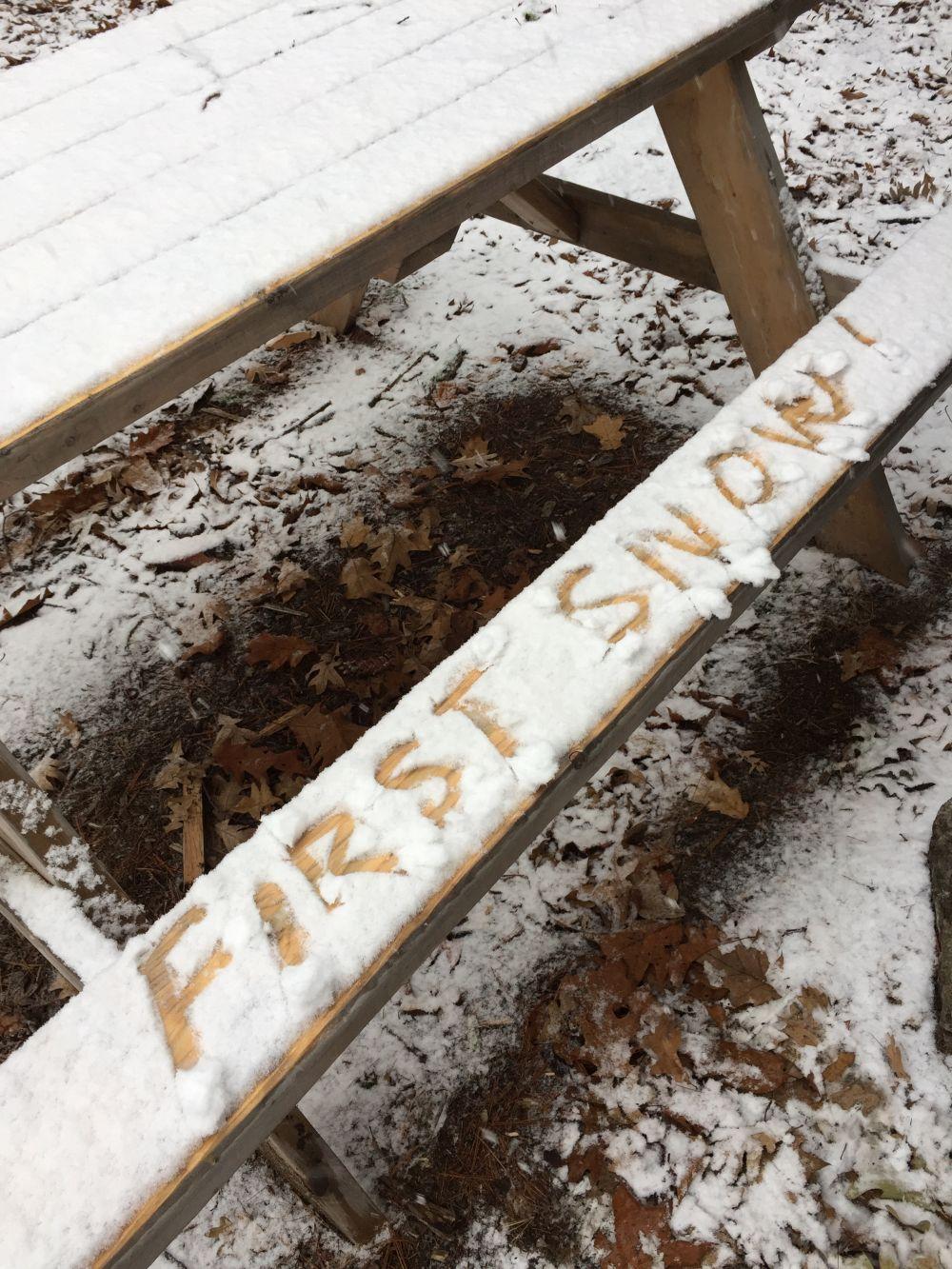
Birds and mammals adapted to living in and underneath the snow include ruffed grouse, mice and red squirrels. Without insulating snow, ice reaches deeper into their frozen burrows in the soil. Snow provides thermal cover and also concealment for the "subnivian" (under the snow) mammal species. Without the concealment cover, rodents are exposed to forest predators including bobcats, coyotes, foxes, fishers and barred owls.
Without snow, deer, squirrels and turkeys continue to enjoy easy access fallen apples and fall fruits, oak acorns, beechnuts and smaller seeds of maple, birch and ash. And in shallow snow, walking and running to take flight and escape predators is easier. Those predators, such as coyotes, conserve calories with milder weather, but but they lose their advantage pursuing deer hobbled by deep snow.
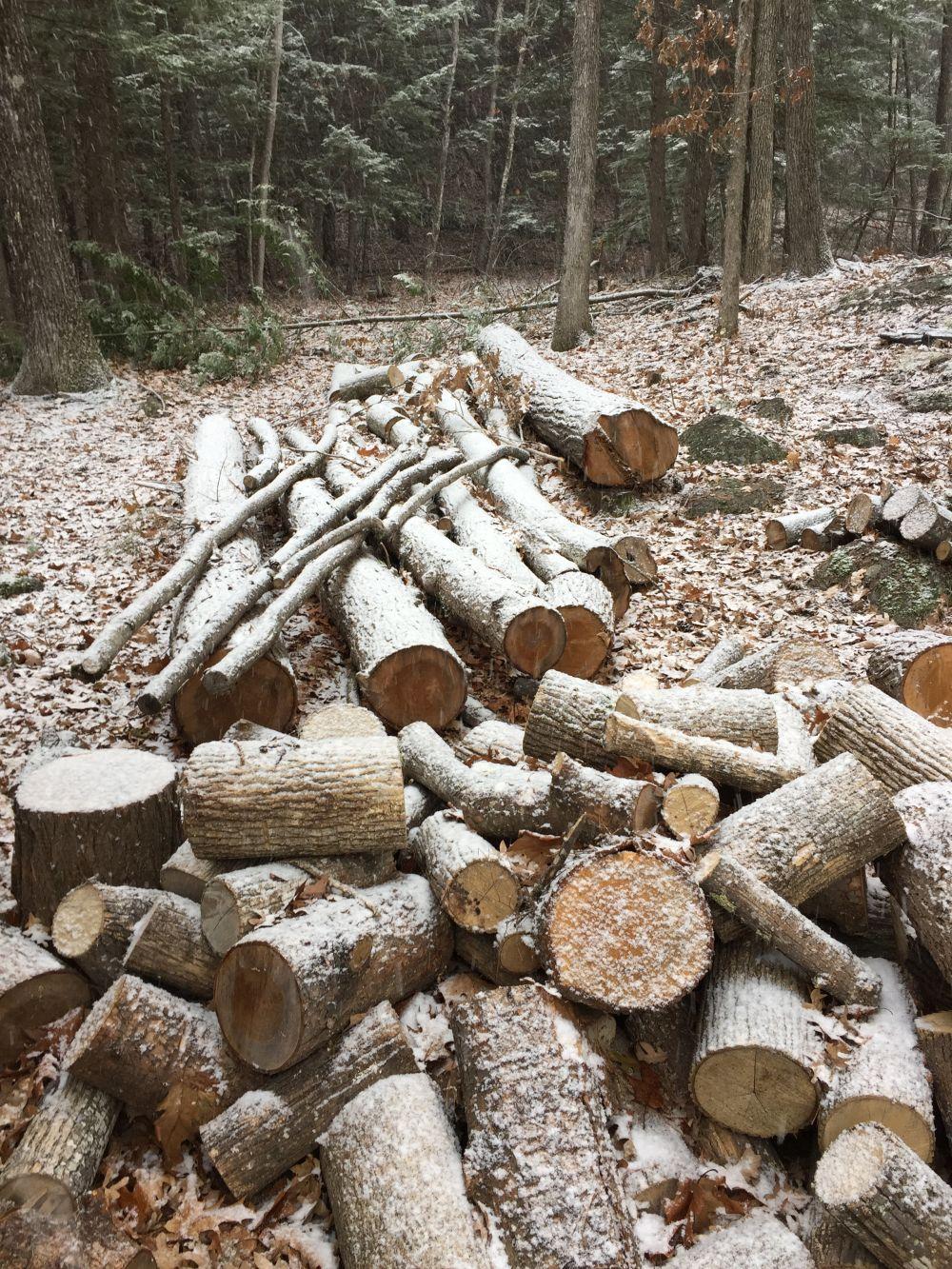
For most people, "meh." Weather is soft news, a perennial conversation useful to predict commute times or bad hair days at worst. Our weather is notorious for fluctuations.
But the first snow is an annual milestone. Try to get outside for a brisk walk in the snow if you can, to reset your inner calendar and embrace a new season suddenly now at hand. The snowfall seems almost novel. I marvel at the transformation from the stark November "stick season" in the woods to the scenic Currier and Ives rural New England stereotype. Cue the sleigh bells!
Of course I felt compelled to catch a few snowflakes on my tongue, pack and hurl my first snowball at a tree trunk (I missed) and make hot chocolate when I got back home. I'm not listening to Christmas carols - not yet anyway. It's just too early for that.
